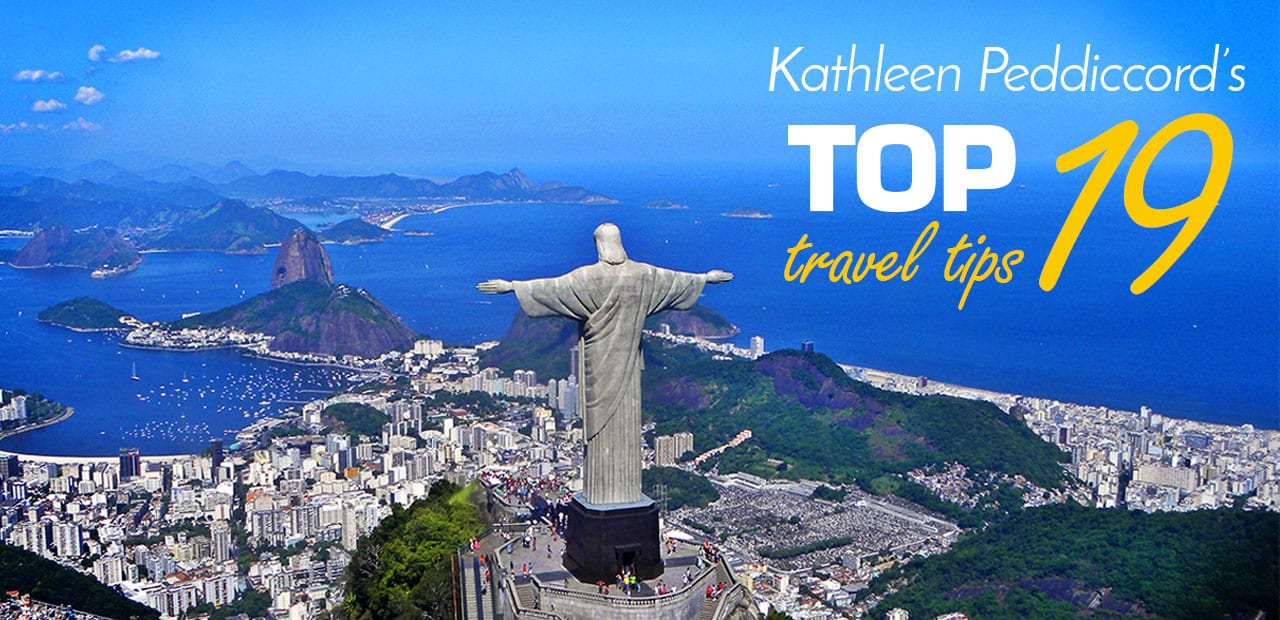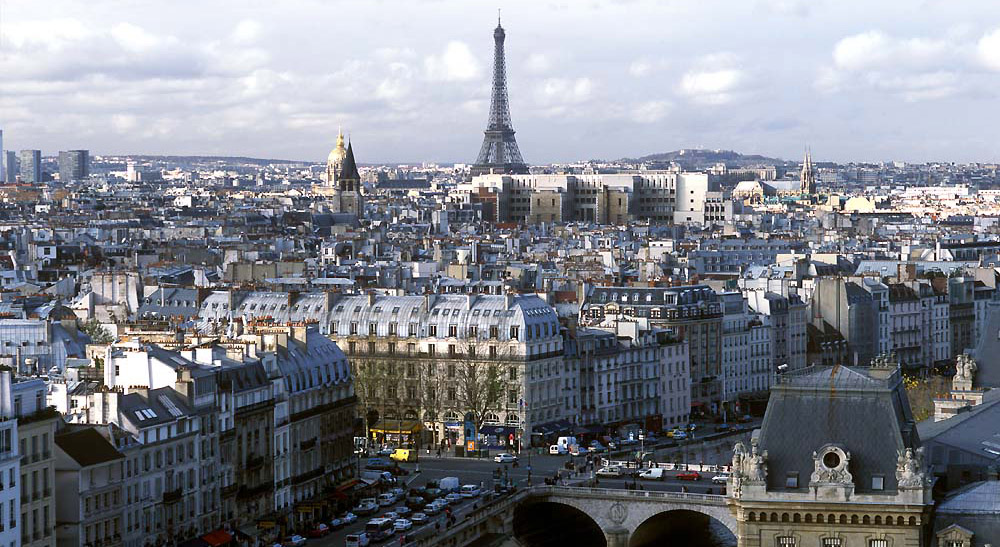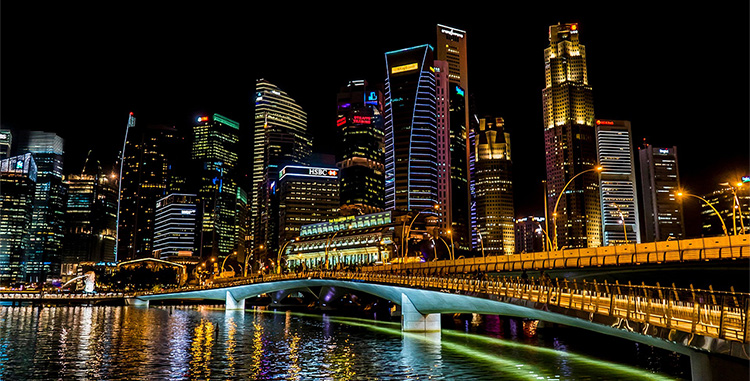Kathleen Peddicord’s Top 19 Travel Tips
Whether you’re moving to a new country or taking off on a two-week holiday, here are 19 things you should know before you go:1. Take two debit cards and two credit cards. Your credit card company will assure you that you’ll have no trouble using your card overseas if you contact them in advance to let them know where and when you’ll be traveling. Don’t believe them. In today’s world, credit card companies are uber-sensitive. Break your usual pattern of card use, and your card will be declined. Count on it. You need at least one backup.
2. Do not use your debit card to pay for things when traveling abroad. Save it for use in ATMs only. Debit cards are easy targets for fraud.

3. If you’re traveling to a country where the language is not English, learn how to say the basic pleasantries in the local language—good morning, good evening, hello, good-bye, thank you, please, etc. I recommend the language app Duolingo, which you can use to study before you go and on the fly as you’re traveling.
4. Carry a small amount of cash with you (maybe US$200 or US$300). Get additional cash as you need it from ATMs… which today are everywhere in the world and the easiest and most cost-efficient way to access cash when traveling. You’ll almost always get a better rate than from a currency exchange service. Definitely do not exchange money at an airport.

5. Find out what your bank will charge you for using your ATM card overseas. Charges vary from zero to as much as US$4 or US$5 per transaction. Schwab, for example, imposes no charge when you use your Schwab card at an ATM anywhere in the world. If the foreign bank imposes a fee (as they often do), Schwab reimburses it.
6. Buy a local SIM card upon arrival. You should be able to do this in the airport. With a local SIM card, you can use your phone to access translation apps and google maps, for example. Plus it means you have a local phone number to give to local contacts and new friends. If you’re traveling in a group, it makes communicating and staying in touch much easier. Before we made obtaining a local SIM card upon arrival in a new country a rule for every member of our family, we spent the better part of one cold day in Paris running around (in the rain) trying to find one of us who’d taken a wrong turn.
7. Dress appropriately. Try to blend in so you’re not a target for touts and hustlers. In some parts of the world, Americans stand out even if they dress to fit in… in Asia, for example. However, in Europe and Latin America, you can blend in. This has benefits… from not being targeted for tourist scams to being offered better tables in restaurants.

8. Carry US$50 in your shoe when going out at night. If your purse or wallet is snatched, you have cab fare.
9. Don’t carry your passport with you. Carry a photocopy of the photo and entry stamp pages of your passport, but leave the document itself in the hotel room safe.
10. Know what it should cost for the taxi ride from the airport to your destination… as well as what it should cost to take a taxi across town. In most places in the world, taxi fares are standard. Still, sometimes, unscrupulous drivers try to take advantage of foreigners. Know what you should pay before getting into a cab.
11. Stick with official taxis, rather than random guys who approach you asking if you need a ride.
12. Try to step away from the tourist zone. Never go where tourists go… never shop where tourists shop… never eat where tourists eat. Tourists pay the highest prices and get the worst service.
13. Walk with confidence and act like you know where you’re going. If you need to consult a map, for example, step into a restaurant, a shop, or a hotel lobby to reorient yourself.

14. In today’s world, it can be a good idea to avoid protests and demonstrations.
15. Avoid politics and political arguments. How the people of the country you’re visiting choose to run their country isn’t really any of your business.
16. If you feel unsafe or uncomfortable for any reason, go into a public place.
17. Be aware of the popular tourist scams in the place where you’re traveling. In Paris, for example, the gold ring on the ground scam is common.
18. Confirm whether you need a visa to visit the country for the period of time you intend to visit. An American needs a visa to travel to Brazil, for example, even as a tourist.
19. Find out if you’ll be required to pay an entry fee when entering the country. Americans can travel visa free to many countries. Some, though, that don’t require a visa do charge an entrance fee at immigration. In Nicaragua and the Dominican Republic, for example, the fee is US$10. In Kenya it’s US$50. These kinds of entry fees must be paid in cash in U.S. dollars or other hard currency. We had only just enough U.S. dollar cash in our pockets to cover our family of five when passing through immigration to enter Kenya a few years ago.
